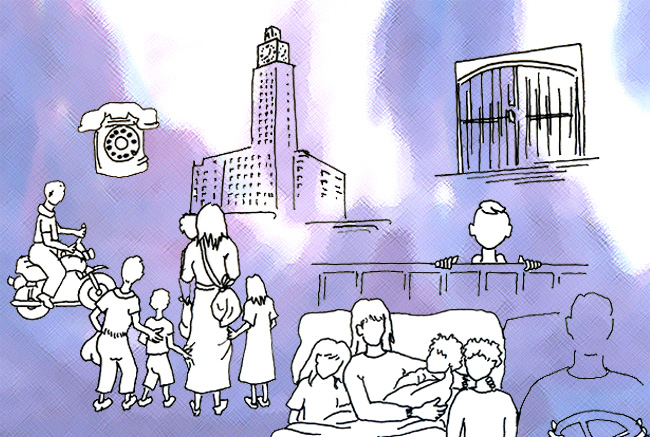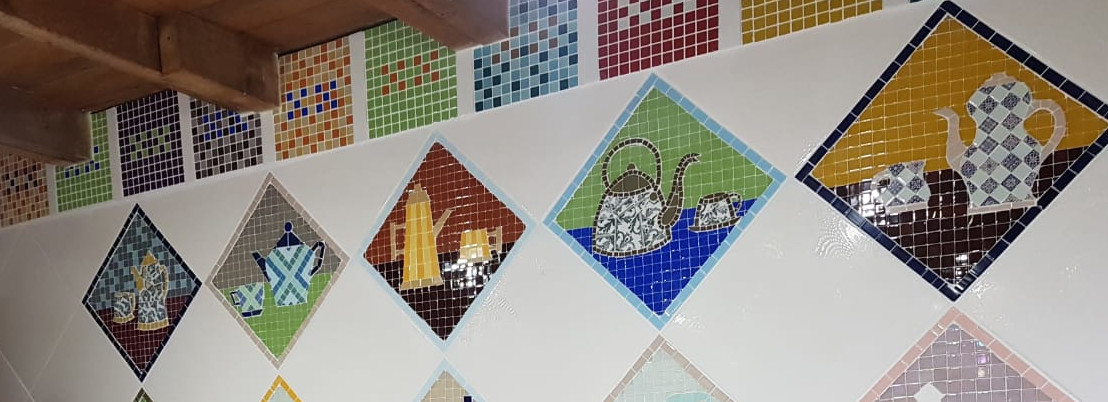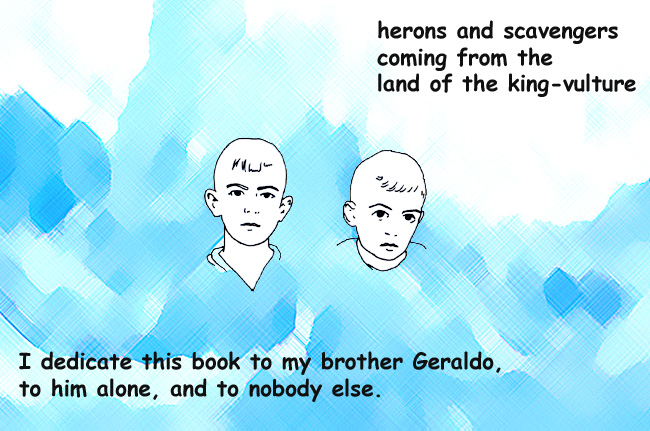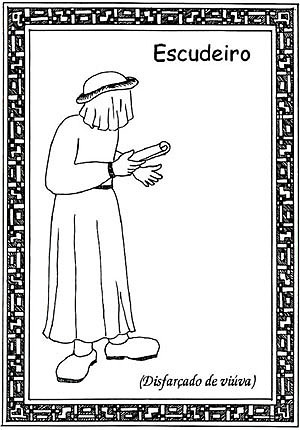A man entirely alone, would not have any memory; nor need it. (Pierre Janet)
Mr. Freud was wrong.
The unconscious has no power over us, but memory does.
Memory is like an Empress of Souls. She decides what we will remember for all times and what goes out from within us for the rest of our lives. We can learn to broaden memory. We can, in therapy, rescue memories that seemed lost. But WE CANNOT FORGET, by choice, what the Empress of Souls doesn’t allow to be forgotten.
It’s the terrible game between the memories we have, and what we cannot forget, it’s the game that defines each human being. We are this sum. Here there are no subtractions. What is erased was not ours; what we are no longer, or shall never be.
1. Background

Translated by Angela Telles-Vaz
Proofread by Izabel Arocha
The facts prior to my arrival at the train station follow:
We had traveled to Rio, Mom, Geraldo, Amelia, Angela and I. Three days of travel in the cabin of a truck, Geraldo at the back with the helper. On the second day in Muriaé, Angela turned five years of age. March the 24th 1949. I was therefore, six years old and nearly nine months.
The trip today is more like a short sequence of photos, pieces of memory, a short scene from a silent film, scratched, very clear, a complex assemble in which images are mixed inside each other.
The scenes of the truck, the lunch at the Inn, on her birthday; all of us sitting on the sidewalk around mother, on a dark and dead night, sleeping and leaning on each other, while she talked to a resident of the city (Leopoldina?).
At President Vargas Avenue, a man stopped the motorcycle and in distress, we crossed the broad street. I thought that I would never see him again. It was the first time that I recall having had this idea, seeing or feeling this kind of thing, I believe that a moment will not repeat itself.
After the motorcycle man, we are already at the apartment of my aunt. Telephone, little cars stand below, 1 Washington Luis Street, Apartment 801, telephone 32-8366. Was it really that? Geraldo threw a penny from the top floor and we went down to try to find it to no avail. I don’t know how many days we stayed there.
At the next scene, I’m already looking at the iron gate of MAS (Minor Assistance Services). Some boy is telling me that it would be impossible to run away through there. But why would anyone want to run away from there?, I think. I’m wearing a blue overall, like everybody, the priest teaches us a song with words I’ve already forgotten:
We want God, ungrateful men… Faith is mocked by fools… Of our faith, Oh Virgin, Bless the call…
What would be the call?, I think. The music penetrates me and chokes my soul, the excitement hurts and the priest dissolves and disappears.
Of course Geraldo had to be there because every now and then he reappears as if by magic. His presence makes me feel safe. I know that soon he will be twelve years old!
I’m among some boys and one of them puts his stiff finger on another one’s face and says:
Hey kid!
And the boy while turning around hits his face on his finger. Everyone laughs. I think I laughed too. I do the same with a neighbor:
Boy!
But the word sounds foreign and disarmed. Embarrassed I cringed. There, boy was not called boy but kid. Or otherwise child. Child, kid, the words danced inside of me.
I don’t know how many days we were in that building. Had we slept there? Certainly we did, because I remember the visits, I remember the apples and I remember the sad look of my mother. And if someone asked me what was a widow…
… in those days, I knew a very sad children’s song:
There’s a cliff so high
That nobody can reach.
There sat the poor widow
Who sadly began to cry,
To cry,
To cry…
…and if somebody asked me what a widow was…
…I would say that a widow was what my mother was.
But my mother was not a widow. She just left her drunken husband, carrying her offspring to the big city…
Suddenly the gate, the priest, the touching song, the kids, the visits, everything is going back. I’m on the train.
I’m on the train!
I finally arrived at the station. Years later, I would find out that it happened on a Good Friday.
to be continued on next sunday.


